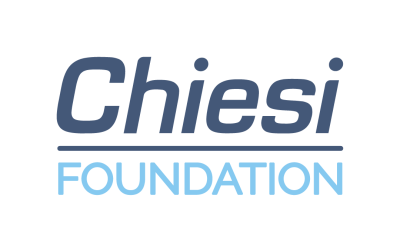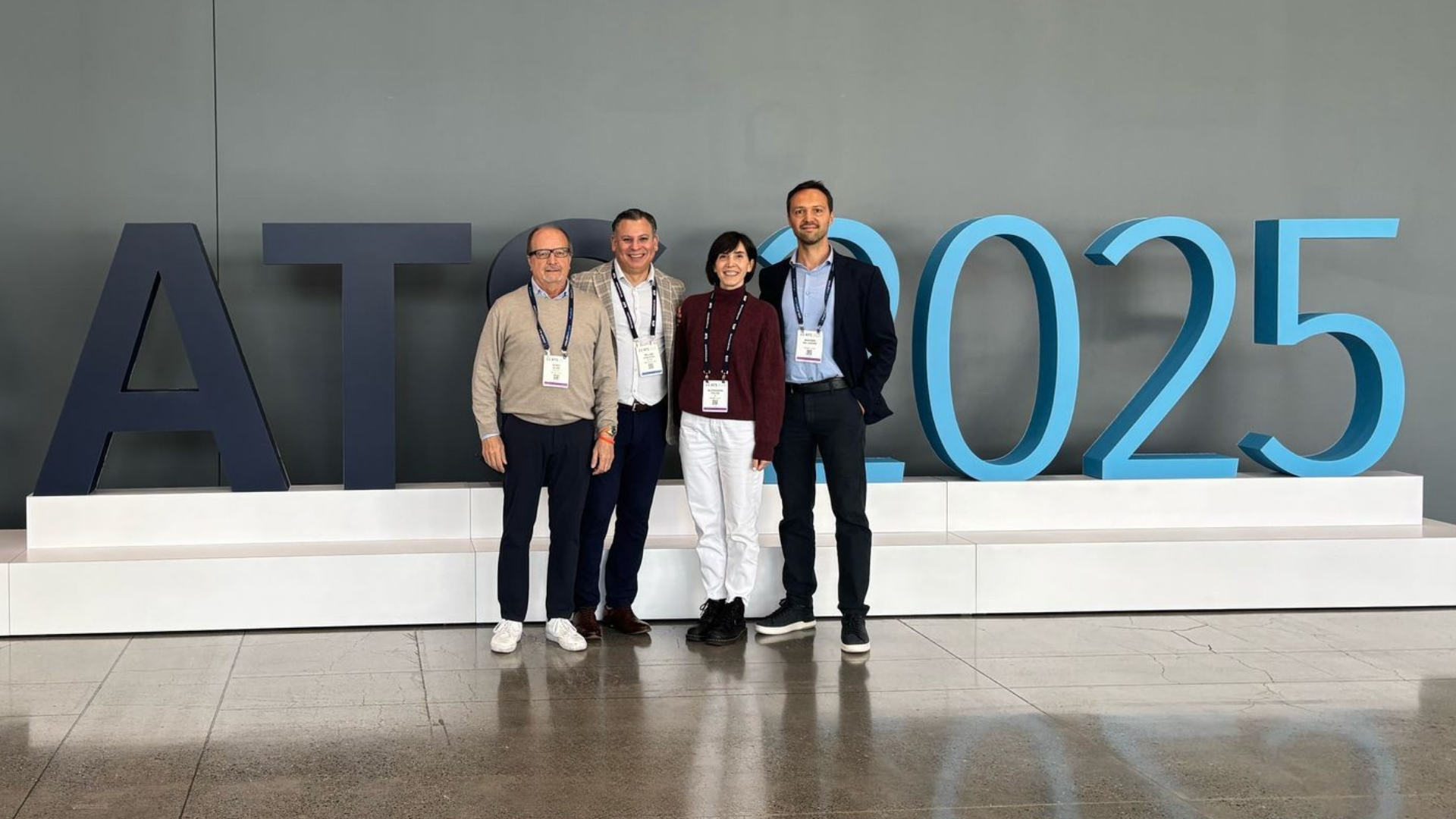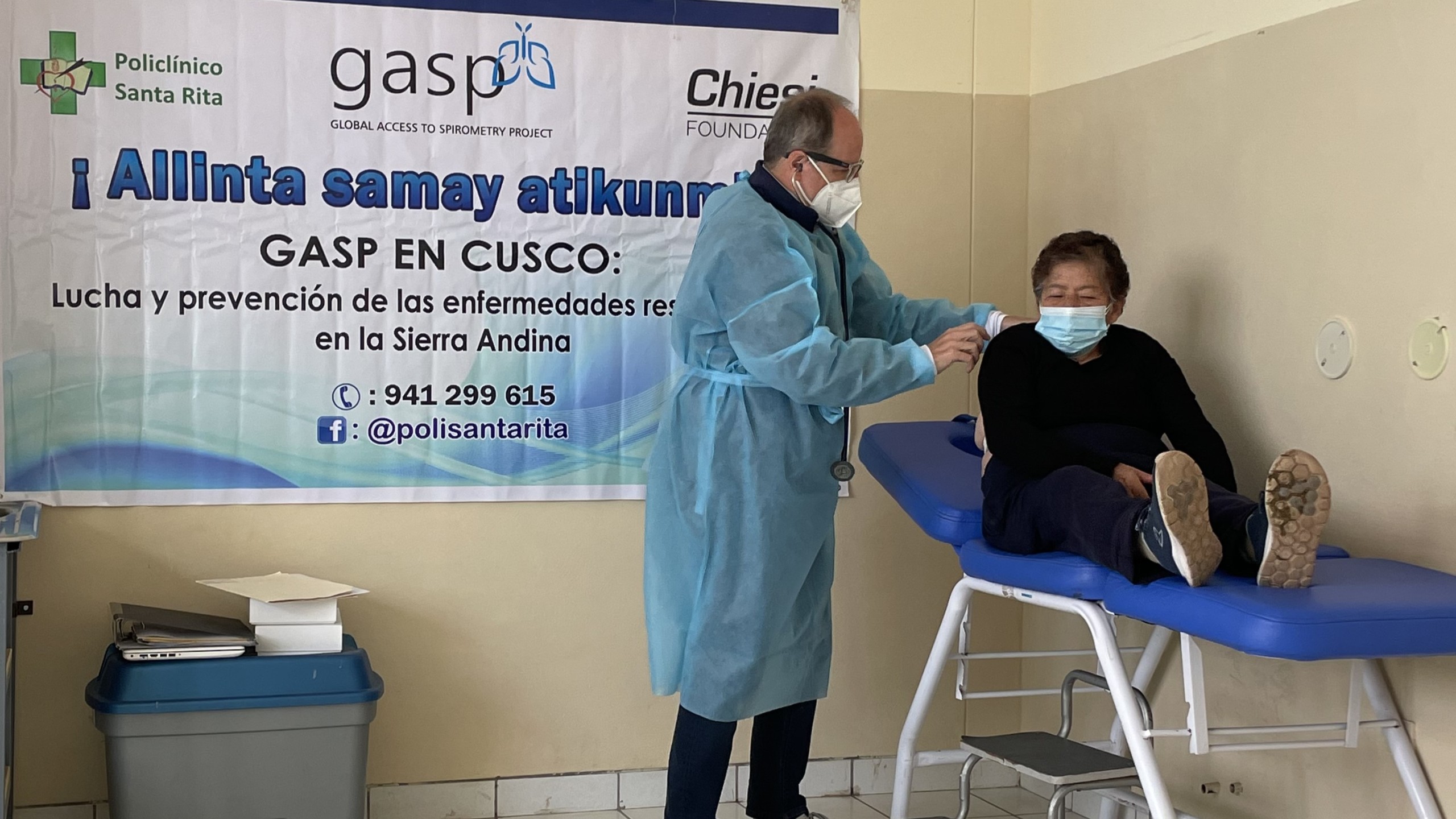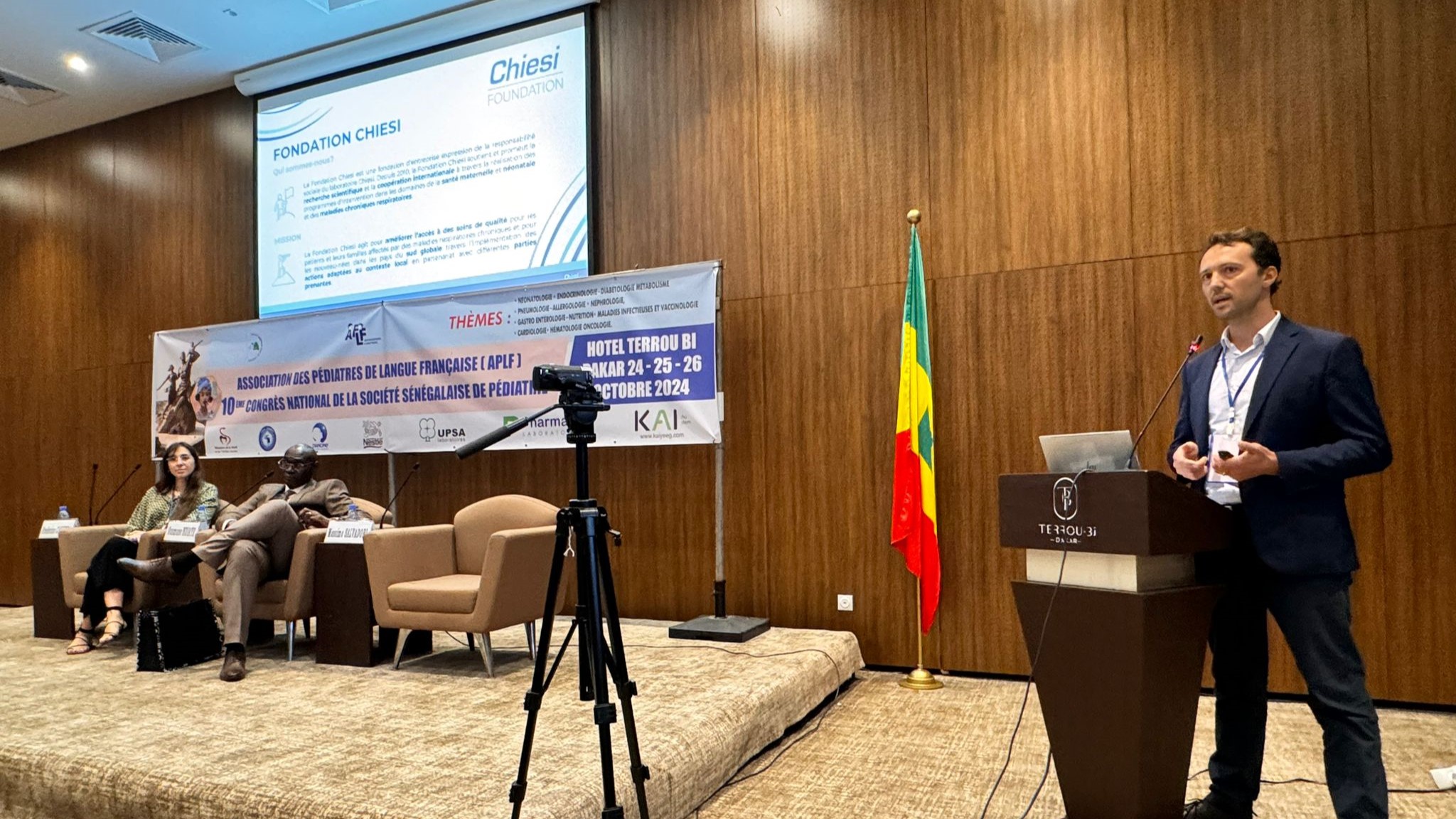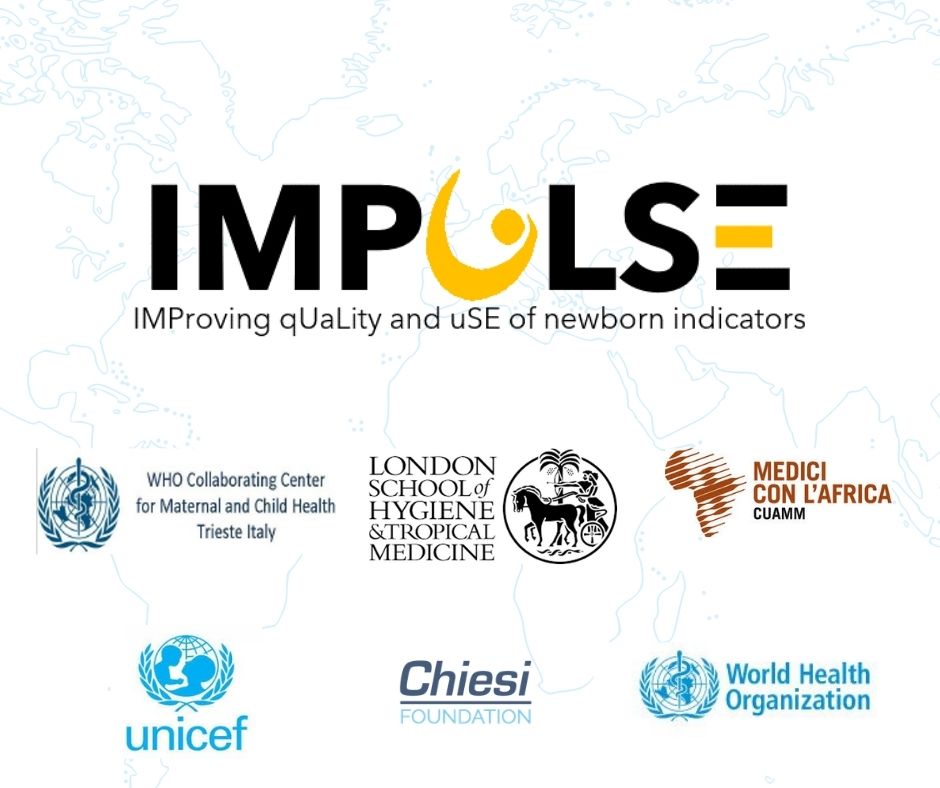by Lorenza Picco
Share
A special edition to celebrate 20 years of commitment to global health
Chiesi Foundation is pleased to present the 2024 edition of its Social Report, a document that collects activities, results, and statements of the commitment carried out over the last year. This is an edition with symbolic value, since in 2025 the Foundation celebrates the twentieth anniversary of its birth, which took place in 2005 as an expression of the social responsibility of the Chiesi Group.
Through this report, the Foundation offers a detailed overview of the initiatives implemented, highlighting the concrete actions taken to improve access to health in low-resource settings, with a focus on its two main areas of intervention: the scientific research, as a tool for the advancement and free sharing of medical knowledge; and the international cooperation, aimed at expanding access to healthcare in the neonatal and respiratory fields and to promote sustainable local development in the countries of the Global South.
The 2024 Social Report was drawn up according to the most up-to-date guidelines for reporting by Third Sector entities, and represents not only a tool for transparency but also an opportunity to describe the vision, values, and systemic approach that have guided the Foundation’s actions for two decades.
Our Local Development Programs: The 2024 Results
During 2024, Chiesi Foundation consolidated and expanded its work in 13 countries, through 14 projects with a focus on neonatal health and chronic respiratory diseases. The actions undertaken have achieved a total of 22,199 direct beneficiaries, including 21,904 patients and their families, generating concrete and significant results.
The NEST Model (Neonatal Essentials for Survival and Thriving) is active today in Burundi, Benin, Burkina Faso, the Ivory Coast, and Togo. The main goal is to contribute to the reduction of neonatal mortality through an integrated approach that includes: targeted training of local healthcare workers, improvement of existing health infrastructure, involvement and awareness of the local community, and promotion of Kangaroo Care method, an effective and low-cost practice for the care of premature, underweight, or sick newborns.
Over the course of the year, the programme has initiated a process of reviewing, aimed at optimising its effectiveness, scalability, and sustainability in the different contexts in which we operate. In total, the program has involved over 4,300 newborns admitted to neonatology and more than 370 families assisted in Kangaroo Care (KC) Units. 295 health workers were trained, of which 251 with a specific focus on neonatal health.
The GASP (Global Access to Sustainable Pulmonology) Model consolidated in Guyana, Nepal and Peru, thanks to the collaboration with key actors from the scientific, academic and institutional world, aims to strengthen local capacities in the prevention, diagnosis, and management of chronic respiratory diseases, in particular asthma and chronic obstructive pulmonary disease (COPD).
In 2024, the program served 15,002 patients, promoting access to asthma and COPD care, and trained 44 healthcare professionals. Of particular note is the expansion of the project in Peru, made possible thanks to the collaboration with Chiesi Spain and the Spanish Society of Pneumology (SEPAR), a virtuous example of cooperation between a philanthropic foundation, the private sector, and the scientific community.
The IMPULSE project (IMProving qUaLity and uSE of n ewborn indicators), developed together with Doctors with Africa – CUAMM, the London School of Hygiene and Tropical Medicine, and the WHO Collaborating Center at Burlo Garofolo Maternal and Infant IRCCS of Trieste, aims to improve the collection and use of neonatal data, to support more informed health decisions and more targeted interventions.
In 2024, the project involved 154 health facilities in Ethiopia, the Central African Republic, Tanzania, and Uganda, through the following activities: multi-country baseline assessment; development and update of data collection tools (EN-MINI v2.0), start of production of 15 academic articles; and organization of 4 national workshops for validation and dissemination of results.
A year of growth and collaboration
In 2024, Chiesi Foundation continued its commitment to global health with determination, investing in the training of healthcare personnel and the promotion of scientific research, key elements for sustainable local development.
During this year, a total of 295 health workers have been trained, 14 new contracts have been signed in collaboration with 13 local institutions and 15 international partners, and 32 hospitals and clinics have been supported. The Foundation has also published a case study and the updated NEST Model document, strengthening its contribution to the academic and professional community, and has actively participated in numerous international conferences and round tables, consolidating its role in the context of health cooperation.
All these activities have been made possible thanks to a solid network of partners, supporters, and collaborators, whom the Foundation wishes to thank for their commitment and trust.
A document accessible to all
The 2024 Social Report is now available in English, Italian, and French to ensure transparent and accessible communication at an international level.
With this special edition, the Foundation reaffirms its commitment to making global health more equitable and sustainable, in line with the Sustainable Development Goals (SDGs) number 3 and 17 defined by the United Nations 2030 Agenda.
We invite you to read the 2024 Social Report document to discover the path taken so far and the work we carry out every day to ensure a healthier future for everyone.
